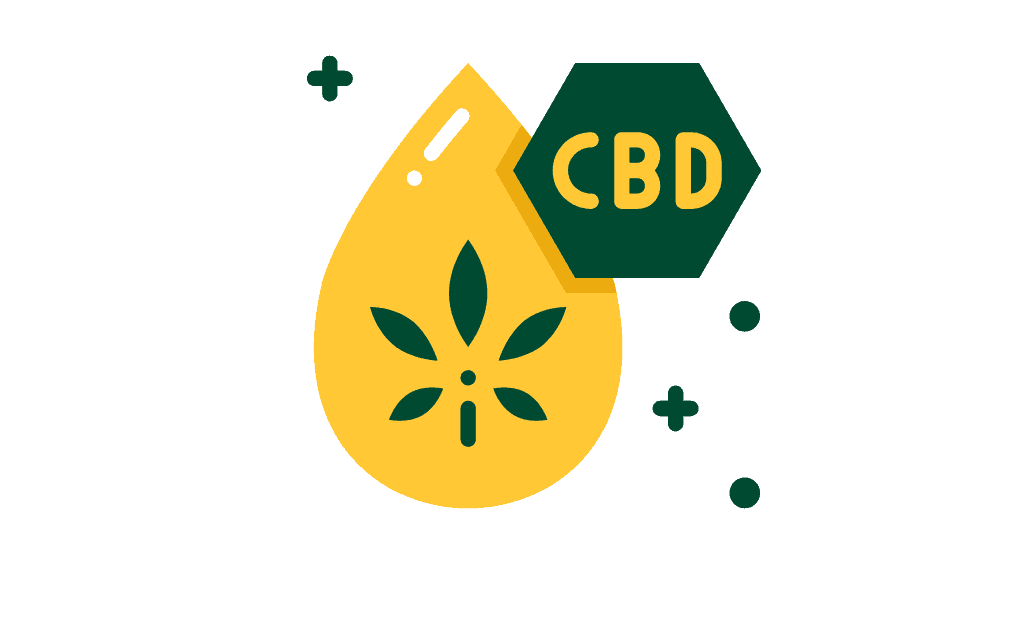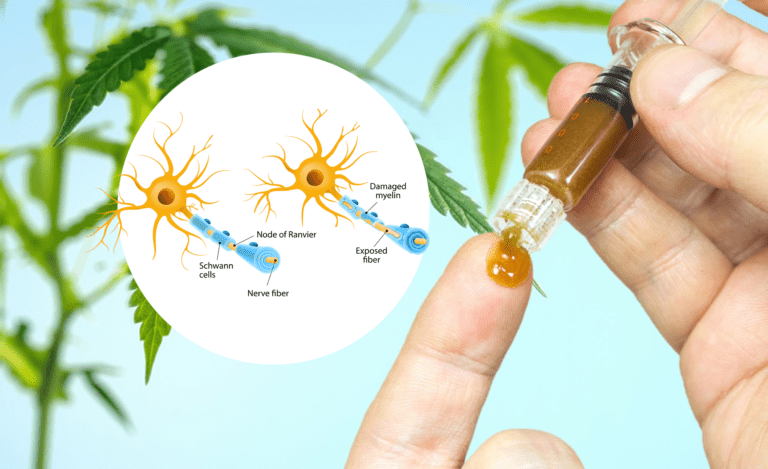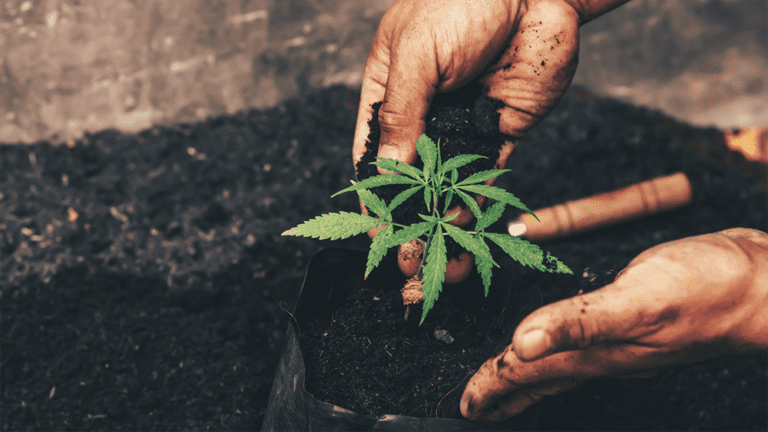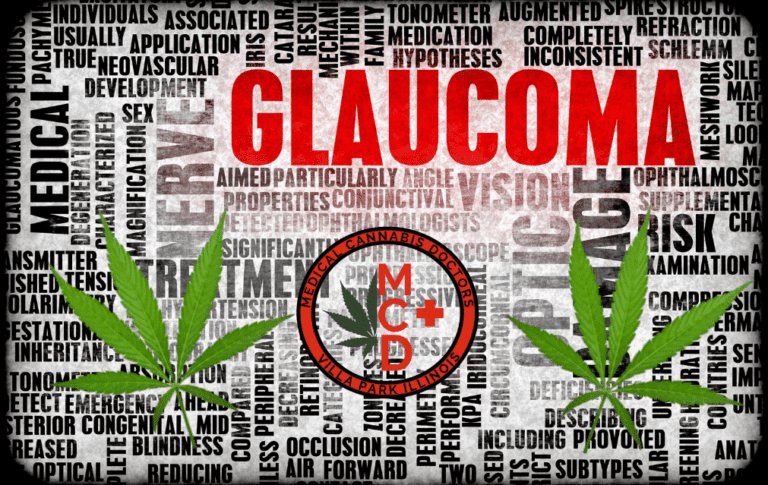Does CBDA Have Therapeutic Benefits?
Introduction
Cannabidiol, also known as CBD, is a cannabinoid that may be extracted from the flower and leaves of Cannabis sativa hemp cultivars. The unheated, unprocessed form of CBD is called CBDA. They are just two of the more than 100 cannabinoids and other chemical compounds in Cannabis sativa that have physiological effects, supporting the body and the mind.
As the acidic precursor of cannabidiol, cannabidiol acid (CBDA) is a non-psychoactive cannabinoid in the cannabis plant. The advantages of CBD have generated a lot of excitement, but CBDA, its acidic cousin, has garnered less coverage. Learn about the special therapeutic qualities of CBDA, even though they may not be quite as strong as those attributed to CBD. Discover cannabis strains rich in this potent acidic cannabinoid, CBDA, and learn how you might benefit from it.
Nowadays, the most common forms of CBDA are topicals, tinctures, and capsules. To consume enough CBDA each day, many people even juice raw cannabis.
The Benefits of CBDA
The majority of people are aware of CBD oil, which has been increasingly popular recently due to its advantages for health and wellness. However, the scientific community and consumers are beginning to pay attention to another cannabinoid called CBDA, which is less well-recognized. This is because preliminary research indicates that even trace levels of CBDA can have substantial positive physiological effects.
Anti-tumor: With the potential to shrink both benign and cancerous tumors as well as possibly inhibit the growth of breast cancer cells, CBDA works on the serotonin receptors, making it potentially very useful for treating anxiety and nausea. Anti-inflammatory drugs like ibuprofen work to beat inflammation and assist with pain management.
CBDA reduces swelling and soreness following exercise, assists with occasional insomnia, enhances mood, fosters stress resistance, calms excitability, encourages focus, and improves athletic performance and recuperation. There has been a lot of research on CBD but relatively little on CBDA. Clinical trials involving humans are crucial because there is little information on the possible health benefits of CBDA and because most studies use animal models.
After seeing so many benefits of CBD, it raises an important question: which one is better, CBD or CBDA? It’s still too early to say until we get solid proof from human testing! Raw CBD oil, however, may be equally, if not more, helpful in treating conditions including depression, nausea, and inflammation, according to a preliminary study. It might also possess unique qualities that CBD does not, opening up options for other treatments.
CBDA has the potential to be an anticonvulsant and potentially be an antibacterial, antioxidant, and cancer preventative (specifically breast cancer). So, even though it’s difficult to say whether something is “better,” there is enough preliminary data to imply that CBDA has its own unique features that may distinguish it from CBD in some circumstances.
How CBDA affects the body
The cannabinoid CBD is in cannabis in an acidic form called CBDA before decarboxylation. After being cooked and decarboxylated, cannabis is no longer in its original state. CBDA is not acidic throughout this transition. Instead, CBDA changes into the chemically inert cannabinoid CBD as carbon dioxide (CO2) is expelled. However, when CBDA is converted to CBD, a potently healing molecule with high therapeutic value results. In this respect, CBD is not neutral but rather incredibly potent and effective at treating everything from minor anxiety to persistent pain.
CBDA might function best when combined with terpenes and other cannabinoids. The ambient effect is the name given to this coordinated action. Therefore, CBDA may improve CBD’s medicinal potential and vice versa. Terpenes like essential oils and pinene may become much more potent when combined with CBDA. CBDA is less effective when used alone than it is when working with other chemicals to create an entourage effect. If you are sensitive to tetrahydrocannabinol, search for products with full-spectrum or broad-spectrum labels to enjoy the entourage effect (THC).
CBDA doesn’t function the same way as most cannabinoids, which attach directly to the CB1 or CB2 receptors. Rather, the cyclooxygenase-2 (COX-2) enzyme is suppressed by CBDA, which then works with the endocannabinoid system. Since COX-2 enzymes are linked to inflammation following an injury or illness, CBDA can reduce inflammation and related discomfort by suppressing COX-2 enzymes.
Researchers on animals discovered that CBDA had an impact on serotonin levels, which are produced by nerve cells to help with cell-to-cell communication. Core human activities like motor coordination, sleep, eating, digestion, and emotions depend on serotonin.
Radiation and chemotherapy are two stressors that cause the body to release too much serotonin, which results in nausea and vomiting. While nausea is usually easier to manage with medication than vomiting, it can still occur. Since nausea is a persistent feeling, many cancer patients claim that it causes far more pain than vomiting. In addition, one in five cancer patients thinks about stopping their treatment to avoid nausea.
Scientists have shown that CBDA can influence the body’s serotonin-producing receptors, raising the possibility that CBDA could be used as a treatment for illnesses including chemotherapy-induced nausea and vomiting (CINV) and others that cause these symptoms. However, more study is required.
Conclusion
You can see that CBDA certainly has a special potential in the burgeoning marijuana market. Even though most of the potential of CBDA is still being explored through research, the available data is encouraging to both scientists and ardent supplement users. CBDA may be another beneficial alternative to add to your routine for health and wellness if you’re starting to dangle your toes in the waters of CBD and health supplements. Considered to be risk-free, CBDA lacks the psychoactive effects of THC and any associated hazards (such as if your company drug tests). To improve your wellness regimen, you might need to use raw CBDA.
Most CBDA investigations have been conducted on animals, not people, as of this writing. Therefore, human studies will need to confirm many of their findings. However, the first findings are encouraging. In the years to come, we may anticipate more and better news as businesses continue to research CBDA remedies.









